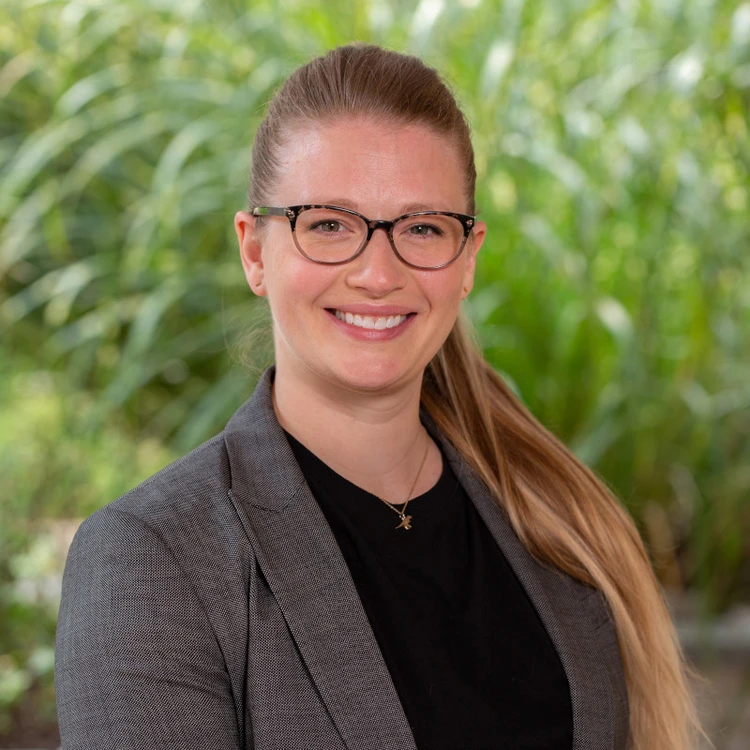

The key to answering many compelling and complex questions in Earth, planetary, and life science lies in breaking down the barriers between scientific fields and harnessing the integrated, multi-disciplinary power of their respective data resources. We have a unique opportunity to integrate large and rapidly expanding data resources, to enlist powerful analytical and visualization methods, and to answer multi-disciplinary questions that cannot be addressed by one field alone.
Rapidly expanding mineral data resources have created an opportunity to characterize changes in near-surface mineralogy through deep time and to relate these findings to the geologic and biologic evolution of our planet over the past 4.5 billion years. Data-driven studies employing advanced analytical and visualization techniques such as mineral ecology, network analysis, and association analysis, allow us to begin tackling big questions in Earth, planetary, and biosciences, including those related to (1) the relationships of mineral formation and preservation with large-scale geologic processes, such supercontinent assembly, the oxidation of Earth’s atmosphere, and changes in ocean chemistry. (2) The abundance and likely species of as-yet undiscovered mineral, as well as the probability of finding a mineral or mineral assemblage at any locality on Earth or another planetary body. (3) Exploring the possibility that Earth’s mineral diversity and distribution is a biosignature. (4) Characterizing the origins of all mineral species through the development of the Evolutionary System of Mineralogy – a system that will provide a framework for predicting the formational conditions of mineral species of unknown origin. (5) Lastly, integrating across disciplines and exploring ideas that one field alone cannot fully characterize (e.g., how the geochemical makeup of our planet affected the emergence and evolution of life, and, likewise, how life influenced chemical composition and geological processes throughout Earth history).

Shaunna M. Morrison is a mineralogist and planetary scientist with expertise in crystallography, crystal chemistry, and the application of data driven techniques. Morrison is the 4D (Deep Time Data Driven Discovery) Initiative Co-Director at the Carnegie Institution for Science’s Earth and Planets Laboratory, former Project Manager of the Carnegie led Deep-Time Data Infrastructure (DTDI), a Co-Investigator of the CheMin X-ray diffraction instrument on the NASA Mars Science Laboratory (MSL) mission, a collaborator on the NASA Astrobiology ENIGMA Project, a Co-Investigator of the NASA Astromaterials Data System, and a data contributor and collaborator of the RRUFF Project, including the Mineral Evolution Database (MED), and the Evolutionary System of Mineralogy Database (ESMD). Morrison builds on her technical and theoretical background in crystallography, crystal chemistry, and martian mineralogy, to explore new techniques in multidimensional, multivariate analysis and visualization by employing a range of advanced analytics and machine learning techniques to better understand the complex relationships among Earth and planetary materials, their formational environments through deep time, and their coevolution with the biosphere, including identifying and characterizing mineralogical signs of life.